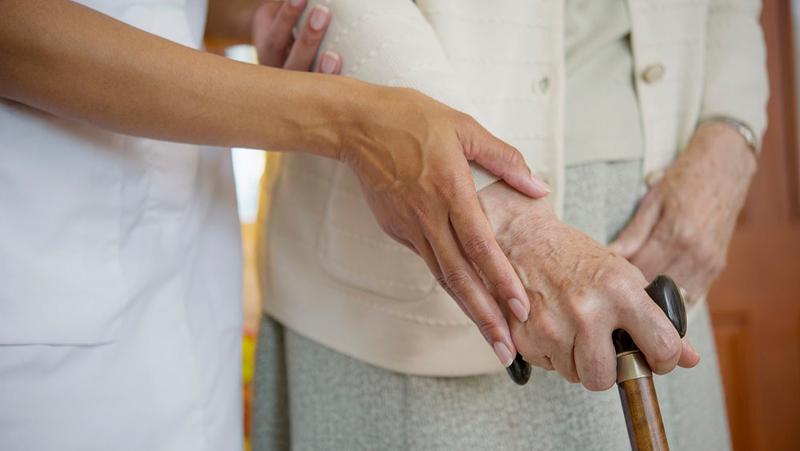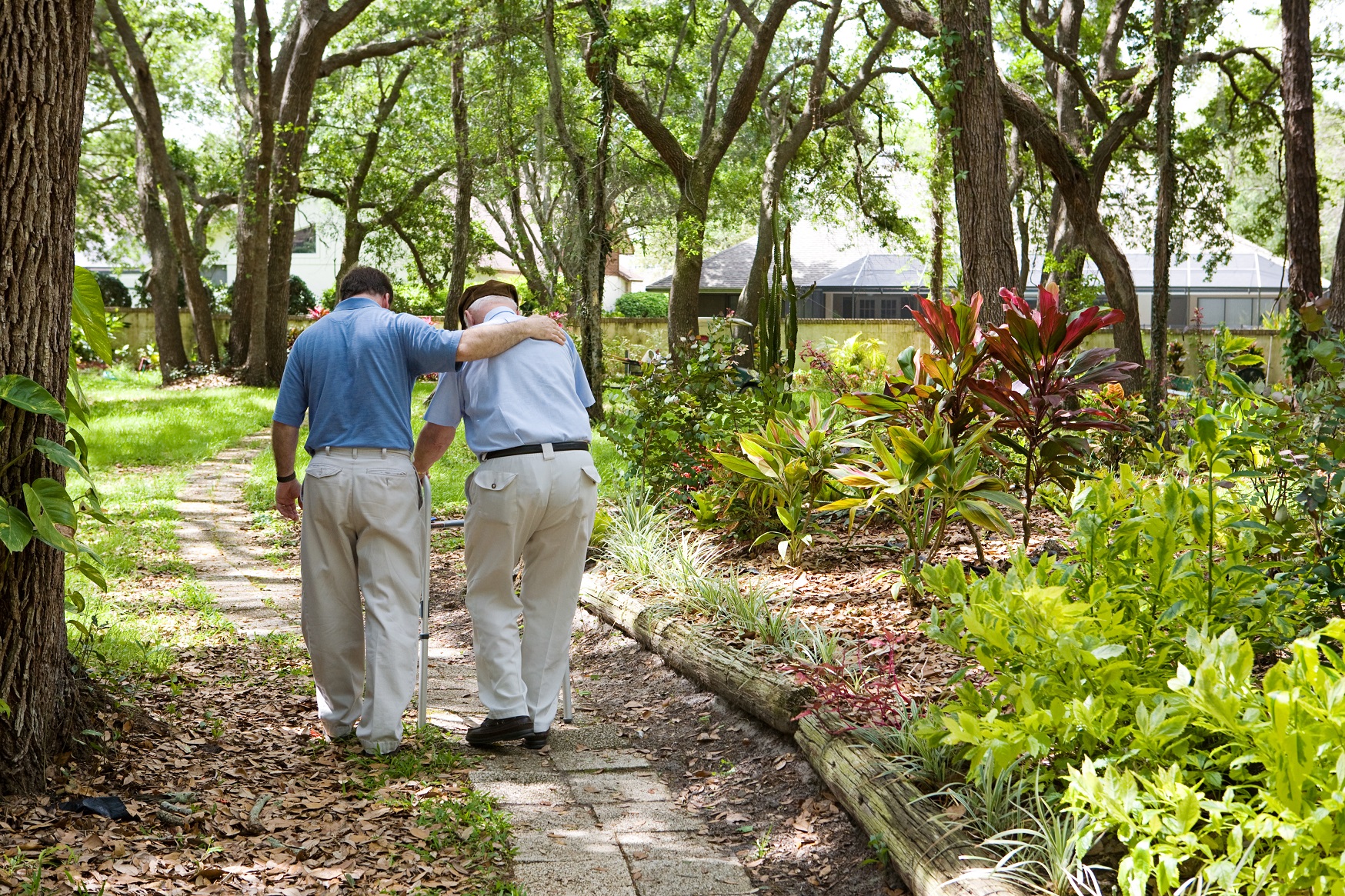
Preventing stressful, and often unnecessary, hospital admissions for older Australians living in residential aged care facilities is the aim of a new $1.9 million program funded by the Australian Government’s Medical Research Future Fund.
- $1.9 million three-year study to reduce hospitalisation of aged care residents
- EDDIE+ program to provide tailored training and resources for early detection of deterioration
- Program aims to empower nursing staff to proactively care for residents in familiar surroundings.
The Early Detection of Deterioration in Elderly residents (EDDIE+) program will be trialled in 12 aged care facilities to upskill nursing staff to identify signs of deterioration early so that residents can be proactively cared for in a familiar environment and avoid a hospital stay. The program builds on previous work done by members of the investigator team.
Health economist Dr Hannah Carter, from QUT’s Australian Centre for Health Services Innovation in the Institute of Health and Biomedical Innovation (IHBI) said caring for older residents in their care facility had benefits for both patients and healthcare providers.
“We know being admitted to hospital is stressful for older people and family members and increases the risk of adverse complications,” Dr Carter said.
“Residents and their families much prefer to receive care in their familiar surroundings.
“A hospital bed costs around $1500 per day and many hospital admissions of aged care residents are deemed unnecessary and preventable.
“The EDDIE+ program is designed to enhance the skills and confidence of nursing and care staff and give them additional resources to identify and prevent deterioration.”

Dr Carter said tailored training and equipment such as bladder scans and ECG machines would be provided to staff in 12 not-for-profit residential aged care facilities managed by study partner Bolton Clarke.
“Earlier research has identified eight factors that have the potential to lead to an older person being admitted to hospital which can, with training and resources, be cared for in the care facility,” Dr Carter.
“These are urinary tract infection, dehydration, constipation, chest pain, breathing difficulty, delirium, falls and palliative care.
“Currently, there are about 30 hospital admissions per 100 aged care facility beds transferred to hospital each year. The aim for the EDDIE+ program is to significantly reduce this figure, saving aged care residents distress and disruption and lessening the burden on the hospital system.
“When we modelled the program in a cohort of 1,000 residents, it resulted in a total of 1,606 fewer hospital bed days a year which was a cost saving of $2.6 million to the Australian healthcare system.”
Chief Investigators on the EDDIE+ program, which runs from 2019-2022, are:
Professor Gillian Harvey – Australian Centre for Health Services Innovation, QUT/ University of Adelaide
Professor Trudy Dwyer – Central Queensland University
Professor Nicholas Graves – QUT, Duke-NUS Medical School, Singapore
Professor Lynne Parkinson – Central Queensland University
Dr Hannah Carter – Australian Centre for Health Services Innovation, IHBI, QUT
Dr Xing Lee – Australian Centre for Health Services Innovation, IHBI, QUT
Dr Florin Oprescu – University of the Sunshine Coast
Dr Liz Cyarto – Bolton Clarke Research Institute
Dr Claudia Meyer – Bolton Clarke Research Institute
Dr Jeffrey Rowland – Metro North Hospital and Health Service
Other investigators and contributors to the study include Professor Kerry Reid-Searl and Dr Barbara O’Neill from Central Queensland University, Kaye Coates from Bolton Clarke and Dee Jeffrey from PresCare.
QUT Media contacts:
Niki Widdowson, 07 3138 2999 or n.widdowson@qut.edu.au
After hours: Rose Trapnell, 0407 585 901


